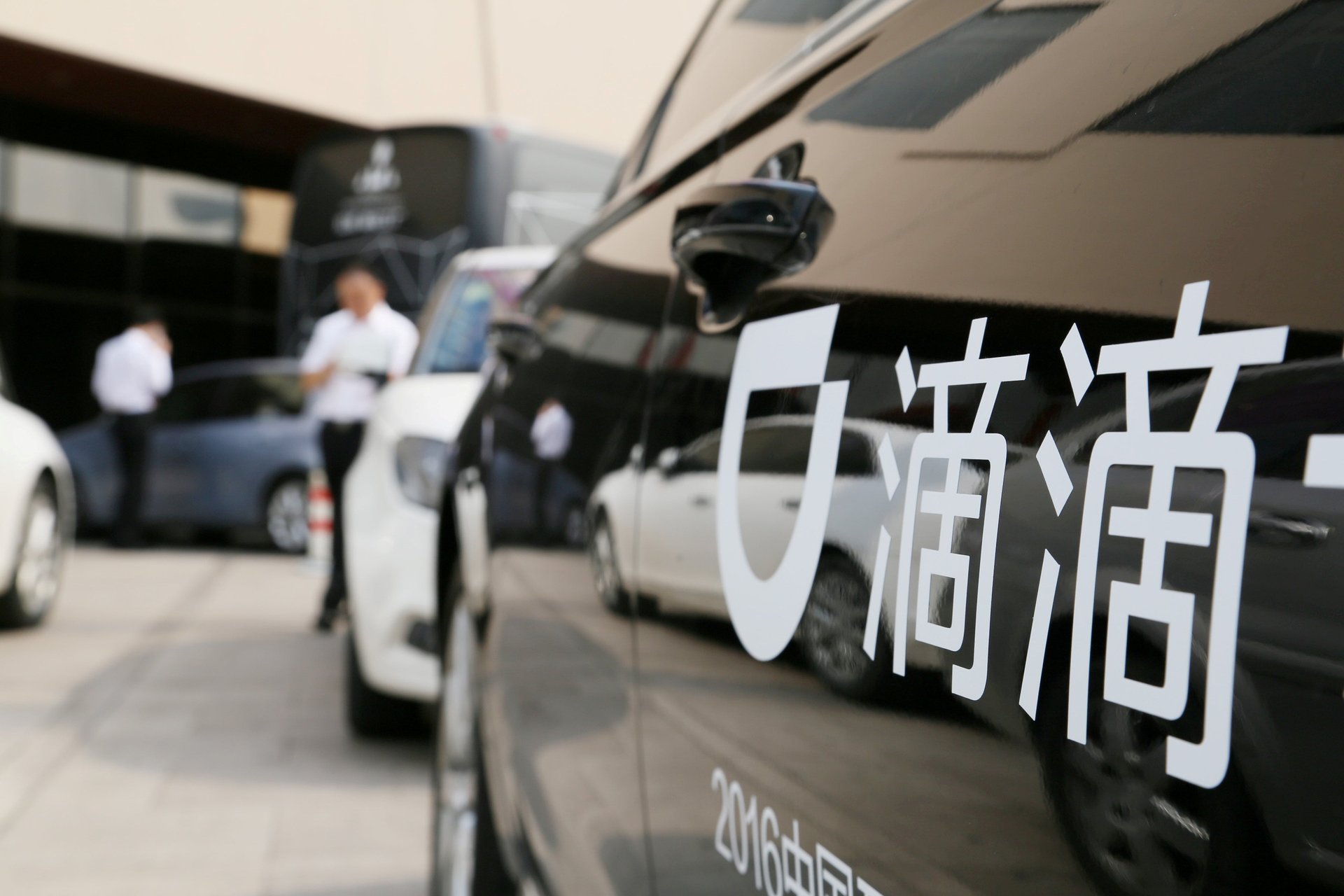Chinese ride-hailing giant Didi’s troubles are a golden opportunity for its rivals
Chinese ride-hailing giant Didi accounts for around 90% of car bookings in China. But matching the stunning pace at which a regulatory storm suddenly rained down on the recently listed tech firm, its rivals are moving quickly to take advantage of the winds blowing in their favor.


Chinese ride-hailing giant Didi accounts for around 90% of car bookings in China. But matching the stunning pace at which a regulatory storm suddenly rained down on the recently listed tech firm, its rivals are moving quickly to take advantage of the winds blowing in their favor.
Days after Didi raised $4.4 billion in its US IPO on June 30, the company became the target of cybersecurity probes by Chinese regulators, who accused the firm of violating rules dealing with the gathering and use of personal information. The company’s main app and another 25 apps linked to it have also been removed from app stores in China by regulators. While existing users can still use Didi’s services, it’s not allowed to sign up any new users till the reviews are completed.
That leaves a remarkable opening for other firms.
Roughly a week after Didi’s main app was removed from the stores on July 4, food delivery giant Meituan relaunched its standalone ride-hailing app, which first went alive in early 2018 but was merged the following year with Meituan’s main app amid increasing regulatory hurdles and rising costs. While Meituan app’s existing ride-hailing offering mainly connected users to the services of other ride-hailing firms, the re-launched app has started to recruit its own drivers in more than 30 cities, according to Chinese media.
Meanwhile, other Didi rivals are stepping up their subsidies for drivers and consumers. Caocao Chuxing, which is under Chinese carmaker Geely, has been pushing discount coupons and various benefits to users, while T3 Chuxing, which is backed by some of China’s largest automakers, also announced plans to expand to more cities recently. Meituan’s ride-hailing app has also offered discounts for new users, who can get cheaper rides for the same routes compared to the prices on Didi.
The war between the ride-hailing apps might remind some of the situation in China’s food-delivery space in 2018, when Alibaba-backed Ele.me and Meituan fought so hard to dominate that their users got free meals because of the firms’ generous subsidies. Similarly, the current war between the ride-hailing platforms is allowing many users to get free rides using the apps’ coupons recently, according to the Beijing Daily.
But the irony is obvious: if any of these ride-hailing firms is able to become as big as Didi, they would also attract greater oversight from China’s antitrust and cyber regulators and could meet the same fate as their rival.